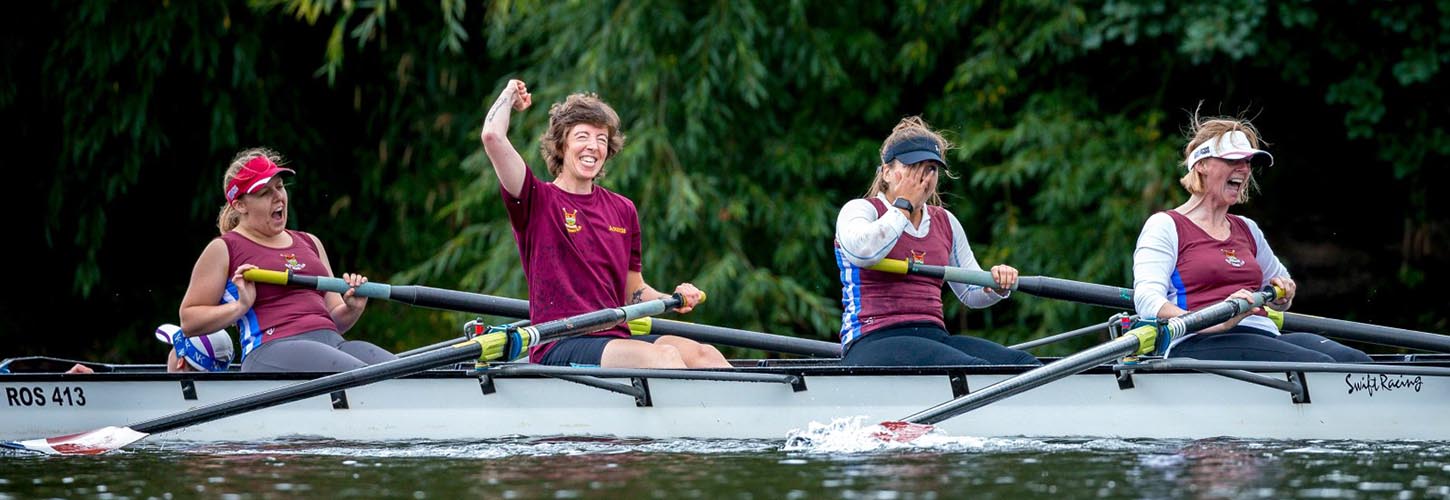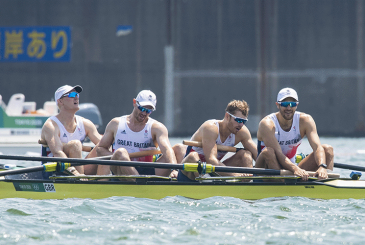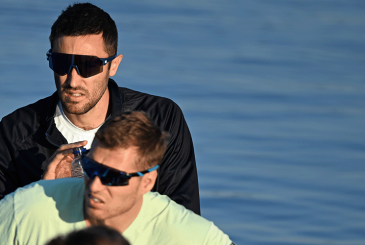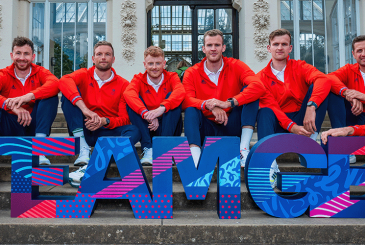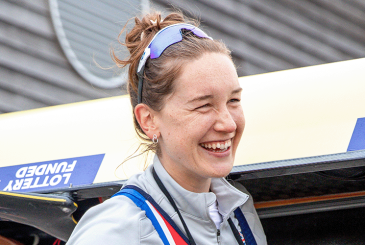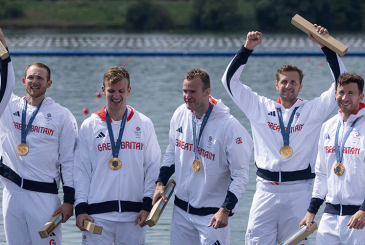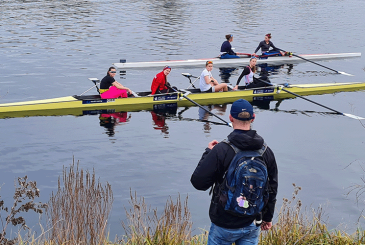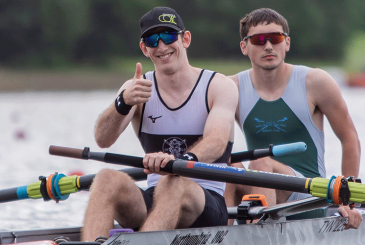How can you perform at your best? Rebecca Charlton asks Tom Cross, sports and business psychologist, for advice
Behavioural change expert and sports psychologist Tom Cross sips a flat white in East London’s Spitalfields as he pauses to think on the questions we’re busy firing his way. Cross is calming to be around and it’s no surprise when he mentions that he uses meditation as a way of switching off when life is busy.
We’d be surprised if Cross has been anything but busy throughout his career to date: his credentials are extensive and equally impressive. He’s worked alongside Olympic, World and European medallists including his time as a key member of the support team to Great Britain Hockey, who went on to secure a bronze medal in London 2012.
Outside the professional sporting world Cross has spent eight years consulting, training, facilitating and coaching globally in business, including at many FTSE top 100 companies. Along the way, he founded London-based high performance consultancy Awaremind, which specialises in performing under pressure in different fields, including business, Olympic sports and the performance arts.
Cross attributes his passion and inspiration for what he does to his love of sports coupled with a passion for working with people. He played county cricket as a schoolboy and also trialled for England hockey. Reflecting on his sports career, he says he would have “hugely benefited” from seeing a sports psychologist.
Body and mind
As Cross notes in regard to his own competitive experience, the mind plays such a key part in sport and there’s undoubtedly been a wider appreciation of the part psychology has to play in performance in recent years. He sums up why this relationship between body and mind should not be underestimated.
It’s being aware enough to know what you need to do to get in the right mood or state to perform
“You need a psychologist for your mind, just like you need a strength and conditioning coach for your body. It’s just as important. Working on your mental conditioning increases your self awareness about your strengths and areas to develop, which allows you to employ coping strategies to be able to perform to your best and this drives consistency,” explains Cross.
“Everyone can have a good race or game, but it’s being aware enough to know what you need to do to yourself to get in the right mood or state to perform – time after time after time – under different conditions, no matter what is going on in your private life. This could involve disagreements with team mates or coaches, travel disruption or playing away from home, for example,” he continues.
Competition
High pressure environments are part and parcel of the job and Cross has plenty of tools in the box to deal with any scenario thrown his way.
By linking training to competition, you can make sure the outcomes are directly linked to doing a certain thing in competition
Practising creating emotional reactions in training so people have a chance to become increasingly aware of different emotional situations – thoughts, feelings, behaviours – means you can then try different coping strategies to see what works and what doesn’t, he says. Also by linking training to competition, you can make sure the outcomes of certain situations are directly linked to doing a certain thing in competition.
Problem solving
With plenty of time spent within elite teams at the highest level of sport, Cross has to manage various relationships and offer support to both athletes and coaches. When an athlete isn’t responding as the team would like, his strategy would be to co-create a way forward with the team and the coach. “I’d work with the athlete to gauge what kind of awareness they have about their negative impact and what it is that is motivating this behaviour,” he explains.
You can never rest on your laurels in this field, so how does Cross keep his own mind creative in terms of tackling those difficult situations with athletes? “Supervision, a mentor, reading, or asking my wife!” he concludes.
This article originally appeared in Rowing & Regatta magazine in August 2017.
Photo credit: Drew Smith


